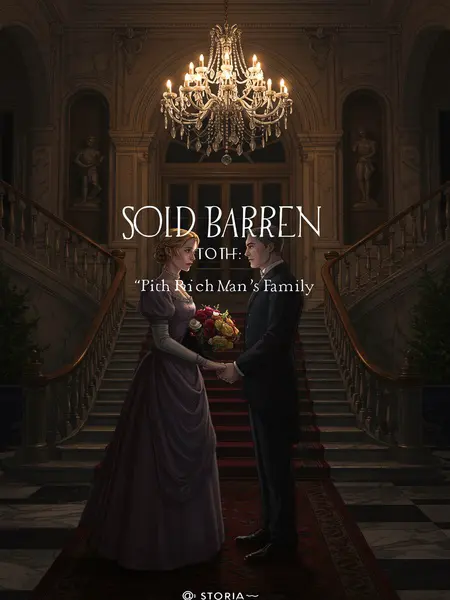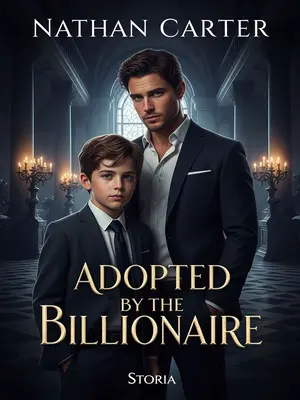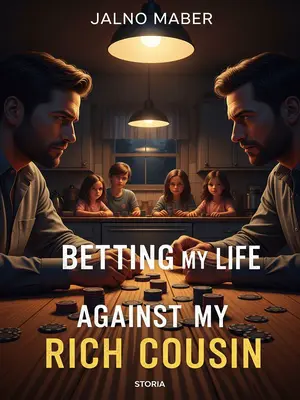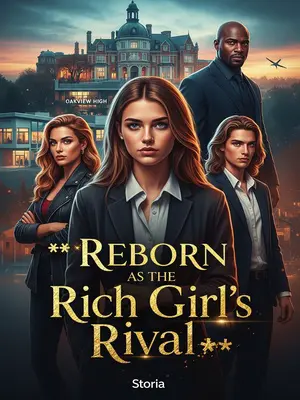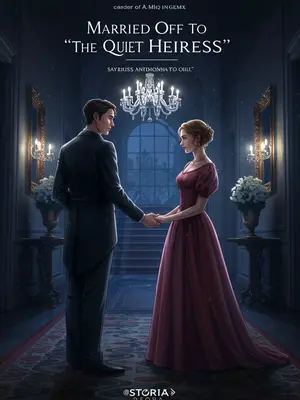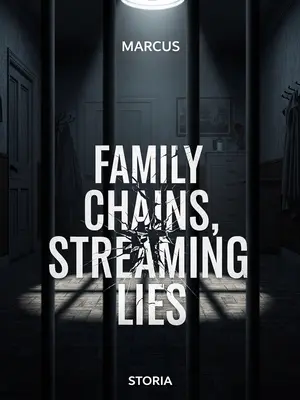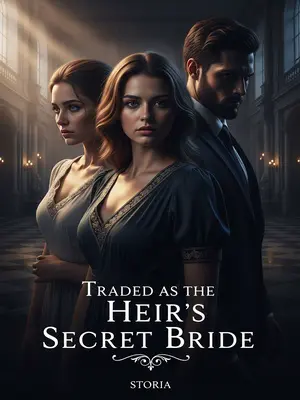Chapter 2: Family Secrets and Cold Moths
Raising these insects is a secret art passed down through my family for generations, a craft so old it’s whispered about but never discussed outright at church potlucks or the local farmers market. It was the kind of thing folks in Maple Heights would call witchy—best kept quiet, like a bootleg still or a cousin in rehab.
Caleb, born and bred in Maple Heights, had no clue about the depths of these traditions. I could say just about anything and he’d believe me.
"Medicine and these insects go hand in hand," I said, steady as a heart monitor.
"The ones that prevent childbirth—some are newly bred, others have been cultivated for many years. The older ones, well, they’re far more potent."
He leaned in, hanging on every word, his hands fidgeting with the zipper of his hoodie.
"I need to know the woman’s constitution to choose the right one. If she’s frail and the insect is too strong, it’ll harm her for sure."
Caleb’s eyes widened, and he cut me off anxiously:
"By no means can her body be harmed."
He sounded desperate, almost pleading. Then, after a moment’s hesitation, he added:
"She was born on March 12th, just turned eighteen, always healthy and robust."
My pulse faltered. March 12th. That was my birthday. He was buying this for me.
In this little corner of rural America, family lineage is everything. Folks here still cling to their roots, and for women, not having children is the worst sin. They gossip in whispers, measuring worth by the noise of a nursery. A barren woman’s home can be taken away by family, inheritance yanked out from under her like an old rug.
A memory flashed through my mind: the warmth of Caleb’s hand on my belly as we lay together under patchwork quilts, his voice low and soft. "Aubrey, if only we could have a child." The way he’d pressed a kiss to my forehead, promising, "If it’s a son, I’ll teach him to love books. If it’s a daughter, I hope she’ll be as bright and clever as you." Those moments felt real—so real I could still feel the weight of his hand and the hope in his eyes. Was it all just an act?
Those words still echo in my head, as warm and heavy as the sun coming through our kitchen window, and suddenly I wondered if I’d ever really known the man I married.
Then his pale, slender hand reached out, holding a sky-blue sachet. I’d embroidered that for him—little bluebells stitched tight, his favorite flower. I’d tucked it into his jacket before finals, praying for luck.
"Is this enough?"
He pressed two old silver dollars into my palm, the kind Grandpa used to flip for luck at the county fair. Each one worth more than a month’s groceries. Caleb’s always been broke—so broke he’d check couch cushions for quarters. Where did he get this kind of money?
